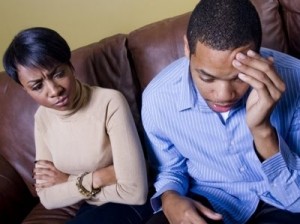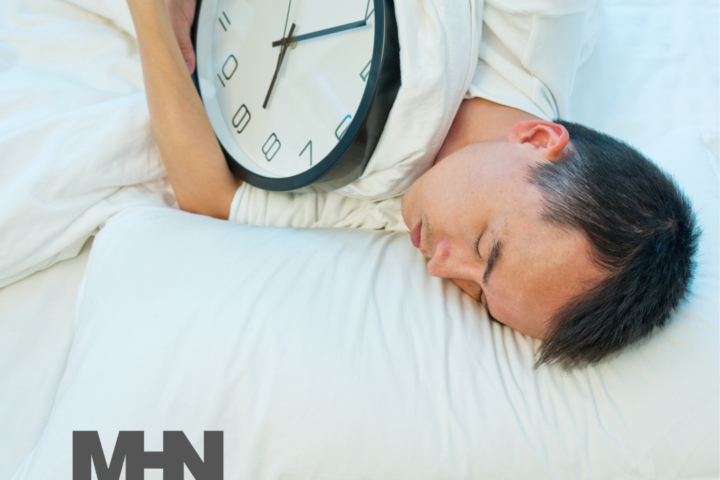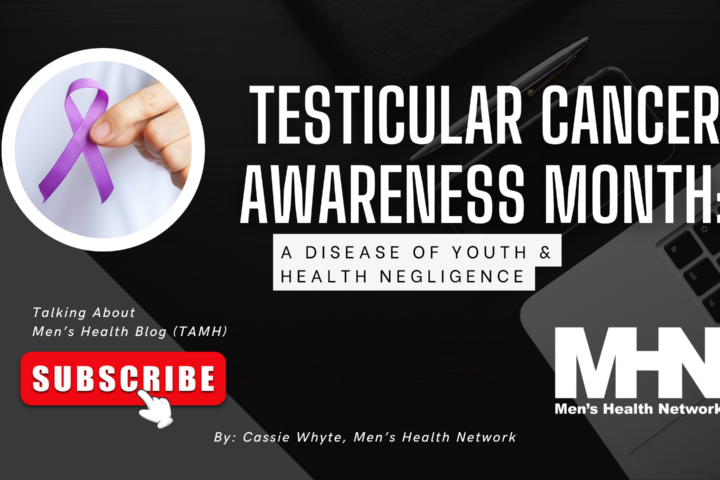Here are three common misconceptions about the effect of divorce on men.
One: Men just move on and don’t grieve.
Men are often viewed as not having any feelings about what happened in their marriage or other kind of adult relationship. In my reality as a therapist working with as many men as women, men grieve as much as women. They may, because of cultural stereotypes and their own socialization growing up, not feel like they have the “permission” to grieve that women do in our society. Men, including those who may have unilaterally made the decision to divorce, experience a great deal of anguish in making the decision. Just like women, men, having given a  relationship his best shot, may come to the decision that there is only one life, that he and the his former partner and children may be better off. Men cry, become angry, worried, deny, feel confused and go through the very same roller coaster of emotions that women do experiencing the grief process.
relationship his best shot, may come to the decision that there is only one life, that he and the his former partner and children may be better off. Men cry, become angry, worried, deny, feel confused and go through the very same roller coaster of emotions that women do experiencing the grief process.
Two: Men don’t have the same investment in their children.
One of the first comments I hear from Dads is their sadness at not being with their children on a daily basis. Particularly in contemporary times, as many dads are involved in their children’s lives as moms. Depending on personalities, the dynamics of the past marriage, men are involved in the many car pools children need, as coaches in sports, cooking meals, packing lunches, taking time off to attend school trips and other events. Men help their children to cope with transitions and are absolutely needed to be a major part of their children’s lives. While I have worked with men who hadn’t been as involved with their children as they wanted to be during their marriage, they feel less stressed post separation and are ready to take on a very active parenting and co parenting role. In the best of circumstances, meaning low conflict divorce, parents begin to co parent constructively for the first time.
Three: Men don’t need support.
There is more hesitation for men to seek counseling. Somehow, our society has failed to inform all people, all ages, all genders, all ethnicities, that is alright to seek support through counseling, the faith community, EAP’s at work. There sadly is a stigma that is involved in seeking help or support and I do think that men experience that more than women. We have a peer counseling program at our center that specializes in helping families through transitions. When ready, men, women and children are trained by our staff to reach out to others to help them through rough times. Our male peer counselors are outstanding. They aren’t afraid to talk about what they did to feel better, how horrible they felt in the beginning and the kinds of support that helped them.



